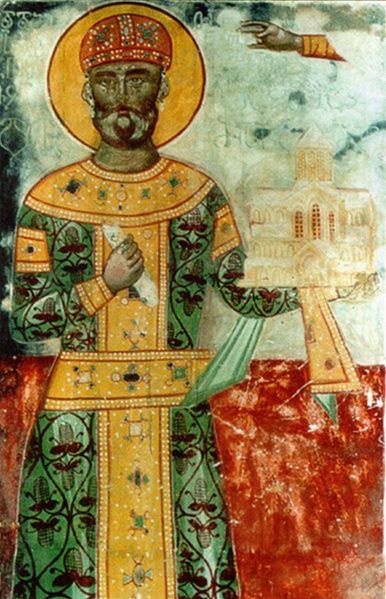
David’s decision had long-lasting consequences. Georgia was lacking in manpower as a consequence of the devastation wrought by the Seljuk incursions. Royal authority was beset by a troublesome nobility jealous of its privileges and apprehensive of an increasingly strong central government. Thus, the Qipcaqs would provide the crown with a force that would be loyal to it alone, free of any connections with other vested interests in Georgia. Certainly, the decision to resettle and use a foreign warlike tribe was a daring move, which could have had disastrous effects on Georgia, but it proved successful. Some 40,000 Qipcaq families (approximately 200,000 people) moved from the steppes of the northern Caucasus to central and eastern Georgia. To accelerate their assimilation into the Georgian population, they were dispersed over a number of places while retaining their clan structure. They were outfitted by the crown and were granted lands to settle. In turn, the Qipcaqs provided one soldier per family, allowing King David to establish a 40,000-man standing army in addition to his royal troops. According to the Georgian royal annals, Kartlis Tskhovreba, King David’s policy proved to be very successful as the Qipcaqs soon converted to Christianity and adopted the Georgian way of life. The new army provided the crown with much of the necessary force to fight both external threats and internal discontent of the powerful lords.
No comments:
Post a Comment